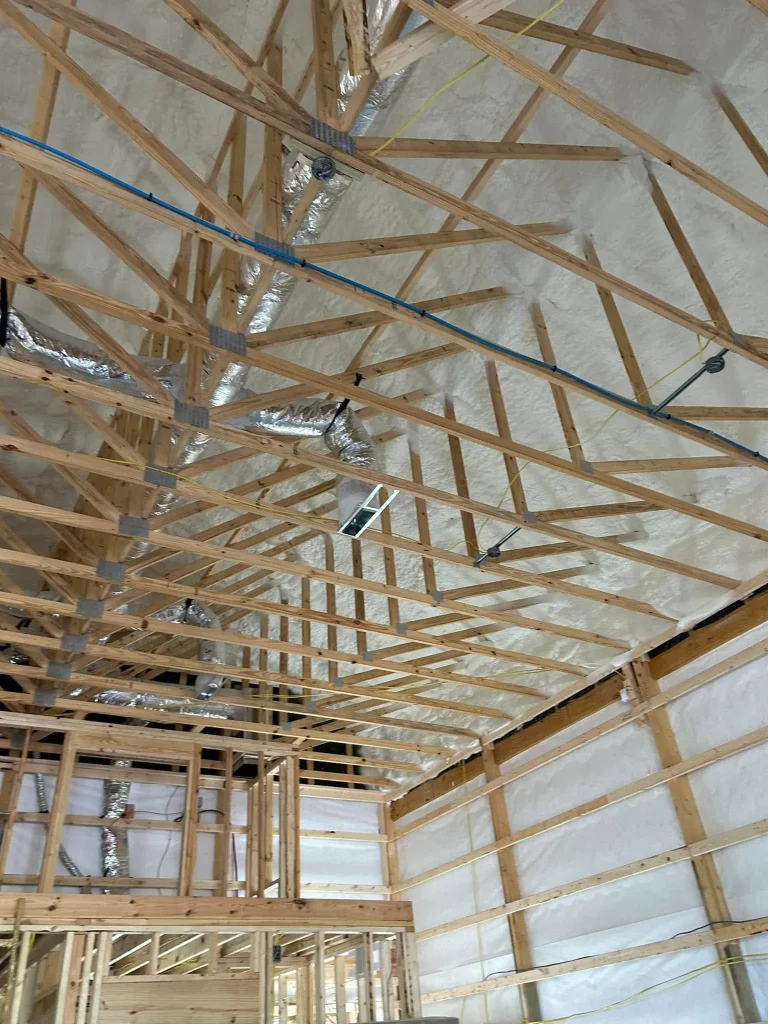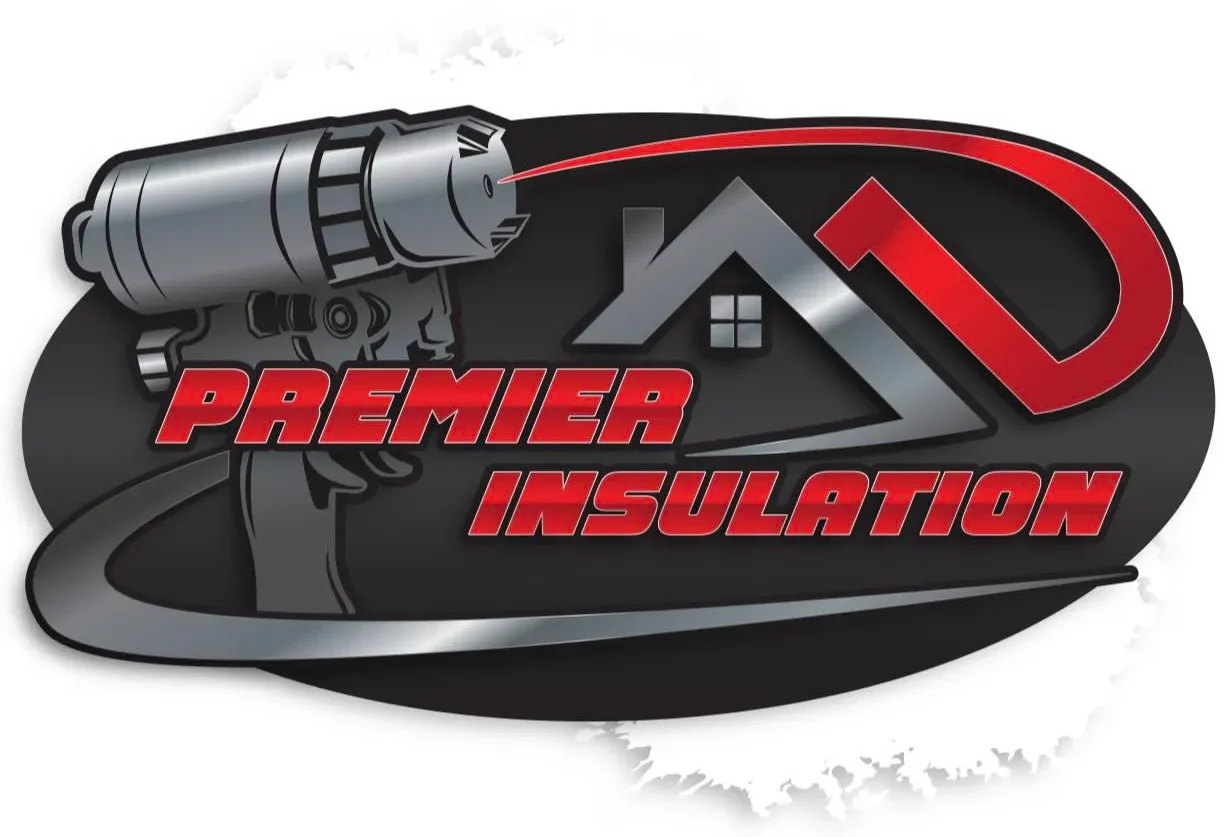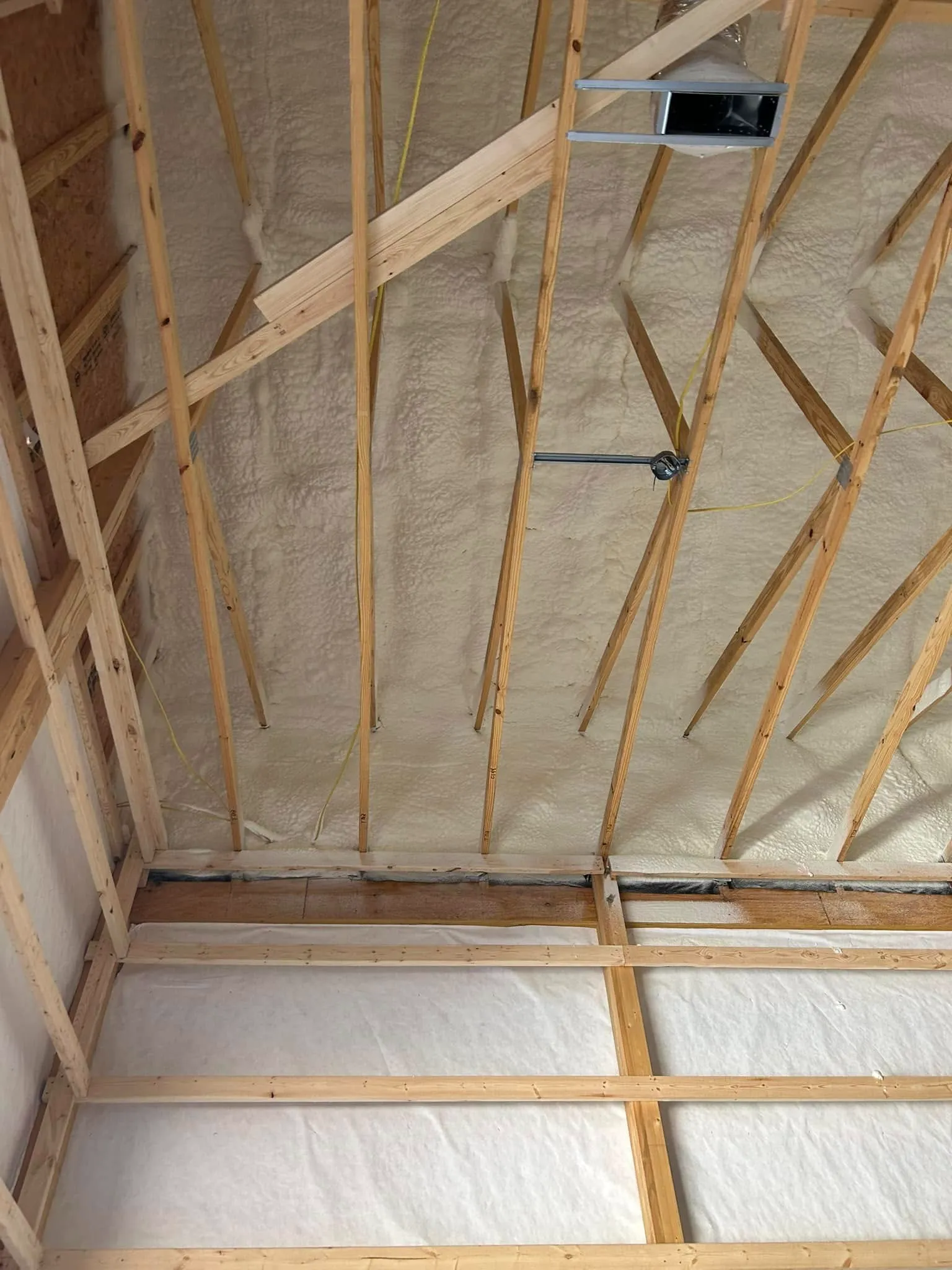Modern spray foam insulation carries fire safety ratings that range from Class A to Class B under ASTM E84 standards, depending on the type and additives used. Closed-cell spray foam typically achieves the highest rating, Class A, while open-cell versions often reach Class B. These ratings measure flame spread and smoke development, helping homeowners in Americus, GA, select options that comply with local building codes for safer structures.
Drawing from years of hands-on work with insulation installations across Georgia, this article breaks down the key aspects of these ratings, including how they apply to the local climate and building practices. Readers will gain a clear understanding of what influences fire performance and how to evaluate insulation choices effectively, with reliable guidance based on real-world applications.
Understanding Fire Safety Ratings
Fire safety ratings for insulation focus on two main factors: flame spread index and smoke developed index. The ASTM E84 test, a standard for surface burning characteristics, assigns classes from A (best) to C (worst). Class A means a flame spread of 0-25 and smoke development of 0-450. Most modern spray foams meet or exceed these benchmarks when installed correctly.
In practice, spray foam’s performance ties directly to its chemical makeup. Polyurethane foams expand during application, creating a seamless barrier. However, without fire-retardant additives, they can burn quickly. Manufacturers address this by incorporating compounds like halogen-free agents, which slow combustion.
Open-Cell vs Closed-Cell Differences
Open-cell spray foam uses more air, making it softer and less dense. It earns a Class B rating in many cases, with higher smoke production during tests. This type suits attics or walls where moisture control matters less.
Closed-cell spray foam, denser and rigid, packs more insulating power per inch. It consistently hits Class A ratings, thanks to its closed structure that resists fire penetration. In Americus homes, closed-cell works well for crawl spaces prone to humidity.
| Insulation Type | Flame Spread Index | Smoke Developed Index | Typical Class Rating | Best Use in Americus Homes |
|---|---|---|---|---|
| Open-Cell Spray Foam | 25-50 | 50-200 | B | Interior walls, soundproofing in mild climates |
| Closed-Cell Spray Foam | 0-25 | 0-450 | A | Exterior barriers, moisture-heavy areas like basements |
This table highlights core specs from industry tests, aiding quick comparisons.
Regional Factors in Americus, GA
Americus sits in southwest Georgia, where hot, humid summers raise fire risks from dry vegetation or electrical faults. Local building codes, based on the International Residential Code (IRC) adopted by Georgia, require insulation with specific fire ratings. For example, attics need thermal barriers like drywall over foam to prevent rapid fire spread.
Humidity levels around 70% annually affect foam choice. Closed-cell foam’s water resistance prevents mold while maintaining fire safety. Data from the Georgia Forestry Commission shows over 4,000 wildfires yearly in the state, underscoring the need for robust materials in rural areas like Sumter County.
A report from the National Fire Protection Association (NFPA) indicates that structure fires cause $8 billion in damage annually nationwide, with insulation playing a key role in containment. In Georgia, updated codes since 2020 emphasize Class A materials for new builds.
Bonus Tip: Given the high humidity, test local levels before installation; levels above 60% favor closed-cell to avoid settling that could weaken fire barriers.

Market Trends and Data
The U.S. spray foam insulation market grew to $1.2 billion in 2022, per a study from Grand View Research. Demand rises in southern states like Georgia due to energy codes pushing for better efficiency. About 60% of new homes now use spray foam, with fire-rated versions dominating commercial projects.
In Americus, retrofits in older homes—common in historic districts—benefit from these materials. The U.S. Department of Energy (DOE) reports that proper insulation reduces energy use by 15%, but only if fire safety aligns with local standards. While market trends highlight growing adoption, individual homeowners should weigh personal factors before deciding.
Things to Consider Before Making a Decision
Evaluate your home’s age and layout first. Older structures in Americus may need code upgrades before adding foam. Check if existing wiring meets current standards, as electrical issues spark 30% of home fires according to NFPA data.
Assess climate needs: Summers hit 95°F, so vapor barriers in foam prevent moisture buildup that aids fire spread. Budget for professional application; DIY kits often fail fire tests.
Review warranties—most cover 25 years but exclude improper installs. Consult Georgia’s state fire marshal guidelines for zone-specific rules.
Bonus Tip: Inspect crawl spaces for pests; termites can damage foam integrity, lowering fire resistance over time.
Common Questions
What do homeowners ask about the long-term durability of spray foam insulation?
Homeowners often ask about long-term durability. Spray foam lasts 80 years or more with minimal degradation, but annual attic checks catch issues early.
How does the cost of spray foam insulation compare to its benefits?
Another concern involves cost versus benefit. Initial prices run $1-2 per square foot, but savings on energy bills offset this within five years in Georgia’s climate.
Bonus Tip: Pair foam with smoke detectors; integrated systems alert faster in insulated spaces.
Wrapping Up Fire Safety Essentials
Key points include selecting foams with proven Class A or B ratings, matching them to Americus’s humid conditions, and following local codes strictly. Closed-cell offers superior protection for most homes, backed by market growth and safety data.
Assess your property’s unique setup, weigh climate impacts, and prioritize certified installers to ensure lasting results. Tailor choices to your energy goals and safety priorities for optimal outcomes.
Next Steps for Insulation Evaluation
Contact Premier Insulation at (229) 554-3939 or premiereinsulationga@gmail.com to discuss specific fire rating needs. Experts review home details and local codes, providing tailored advice on compliant options. Schedule a no-obligation consultation to explore safe, efficient solutions for your Americus property today.
Sources
- National Fire Protection Association (NFPA) – Provides data on fire incidents, damage costs, and safety standards relevant to insulation performance.
- Grand View Research – Offers market size and growth statistics for spray foam insulation in the U.S.
- U.S. Department of Energy (DOE) – Details energy savings from insulation and ties to building efficiency codes.
Key Questions About Fire Safety Ratings
Does All Spray Foam Meet Class A Standards?
No, ratings vary by formulation. Open-cell typically hits Class B, while closed-cell reaches Class A. Verify product specs from manufacturers certified by the International Code Council (ICC).
How Does Georgia’s Climate Affect Ratings?
High humidity demands moisture-resistant foams to maintain performance. Closed-cell options hold up better, preventing the foam from absorbing water that could accelerate burning.
Can Spray Foam Replace Drywall as a Fire Barrier?
It cannot; codes require a 15-minute thermal barrier like gypsum over exposed foam. This setup contains fires long enough for escape.
What Happens If Foam Fails a Fire Test?
Failed tests lead to denied permits. Always use ICC-ES listed products, which undergo rigorous lab checks for consistent safety.
Are There Eco-Friendly Fire-Retardant Options?
Yes, newer foams use non-toxic additives derived from plants. These maintain Class A ratings without halogens, aligning with green building trends in Georgia.


